Quantum Sensing for Highly Precise Gravity Measurement
Gravimetry is the science of measuring and quantifying the strength of a gravitational field. The sensors used for these measurements are known as gravimeters. Quantum gravimeters, in particular, leverage quantum effects to measure gravitational acceleration with high precision.
The concept of wave-particle duality, formulated by Louis de Broglie, suggests that particles exhibit both wave-like and particle-like properties. Atomic physicists exploit these quantum effects to develop quantum sensors based on matter-wave interferometry. In this project, we aim to combine the existing knowledge of such interferometers with state-of-the-art optically engineered lasers to enhance the sensitivity and precision of quantum sensors for inertial sensing, specifically gravity sensing.
Our approach involves trapping Rubidium atoms in a magneto-optical trap and cooling them to microkelvin temperatures using pairs of counter-propagating, frequency-tuned lasers. We employ a Raman pulse scheme to split the atomic wave function into a superposition of two momentum states, effectively creating two groups of atoms that follow different paths while free-falling under gravity. During free fall, another pulse reverses their momentum and direction of propagation, causing the two groups of atoms to converge and close the interferometer. A final pulse is then applied to produce an interference fringe, which reflects the ground state population probability fluctuations as a function of phase. This fringe carries the signature of gravity or acceleration.
We also aim to develop a broadband optical coherent control benefiting cold atom interferometry.
Earth's gravitational field varies with time and location, and precise information about these variations is crucial for many geophysical activities. For example, wise, accurate gravity and acceleration data can provide insights into gravity fluctuations caused by construction activities, as well as the presence of oil and mineral deposits. This, in turn, can lead to more accurate mapping of underground water currents, improved surveying techniques, and the development of satellite-free navigation systems.
Members
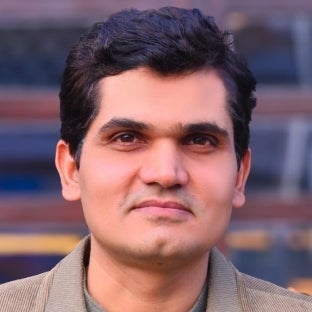
Dr. Mahmood Irtiza Hussain
Senior Scientist
Quantum Sensing
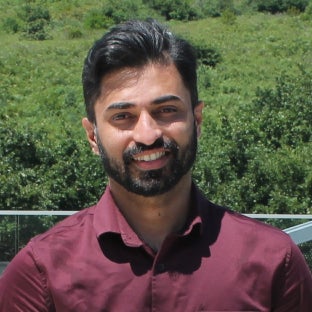
Dr. Hashir Kuniyil
Postdoc
Quantum Sensing
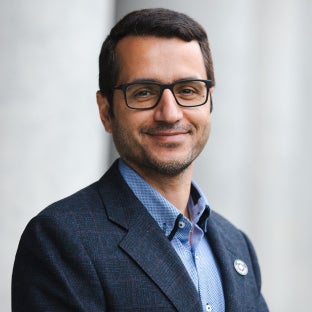
Dr. Mohammedreza Rezaee
Lab Manager
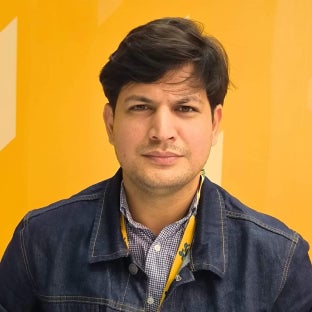
Asad Ali
PhD Student
Quantum
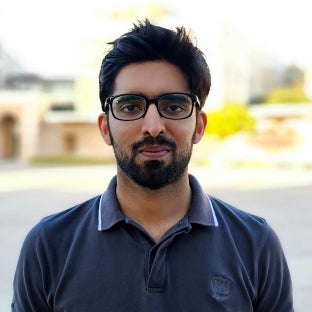
Muhammad Talha Rahim
PhD Student
Quantum Sensing
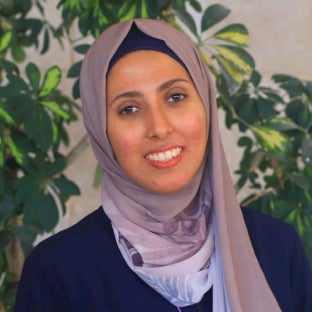
Safaa Alqrinawi
PhD Student
Quantum Sensing
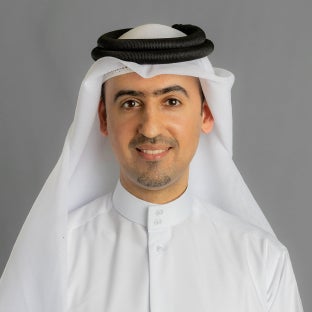
Dr. Saif Al-Kuwari
Director





